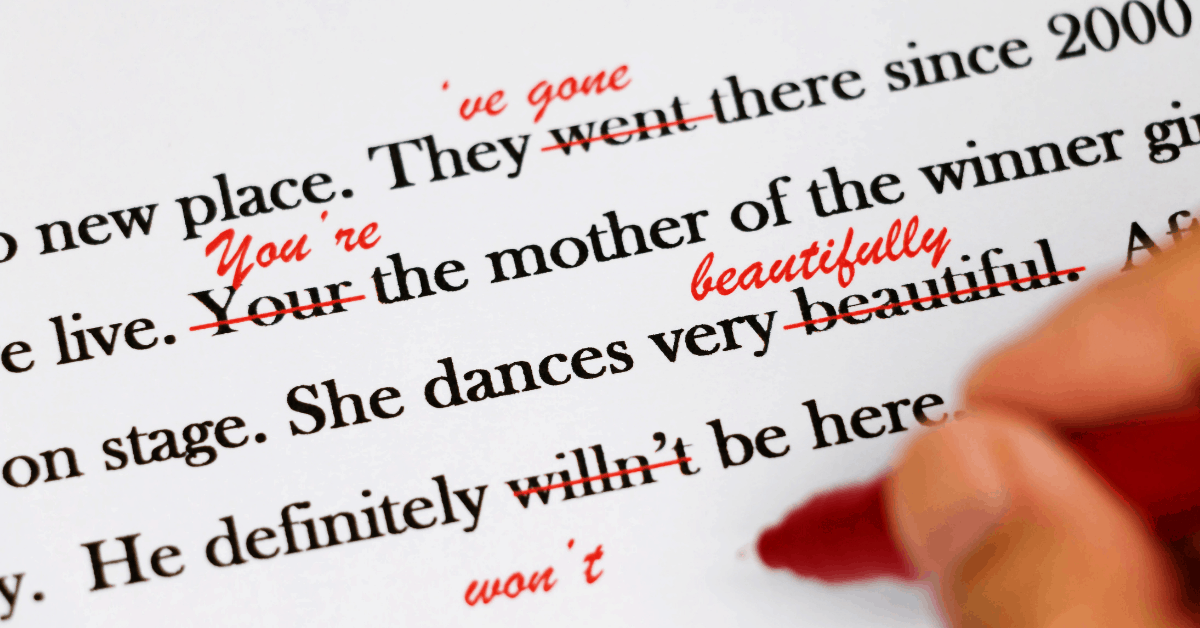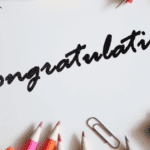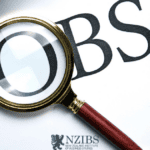WHY IS THERE A NEED FOR PROOFREADERS?
The traditional proofreader’s role is highly skilled, providing the final checks for errors before publications go to print. In a ‘post-truth’ world, where publishing extends beyond print into the digital world, proofreading’s emphasis on accuracy and consistency provides valuable support for editorial quality and helps maintain readers’ trust and confidence in what they are reading.
All good publishers know that quality is the final yardstick by which they will be judged. Well-researched information gives authority to academic publishing, attention to detail in communications makes businesses appear more professional, and a consistent style and voice plus error-free text across all the pages of a story or website helps attract and keep the attention of users.
Proofreaders are needed for a growing and diversifying readership. Rising literacy and consumer spending have increased projected annual revenue for the global book publishing industry. The main value-chains in traditional publishing continue to be books in print, educational publications, and other high-growth segments, including academic journals, magazines, newspapers, periodicals, and audiobooks, e-books, blogging, podcasts, indie authors, author-publishers, and marketing communications.
WHAT DOES IT TAKE TO BE A PROOFREADER?
In her book, The Artful Edit: On the Practice of Editing Yourself, Susan Bell notes that an editor doesn’t just read; they read well, as a creative, powerful act. Proofreading is an essential part of the editing process by providing a final quality control check of content to ensure consistency and accuracy.
As well as being a good reader, a proofreader needs to have the following attributes:
An eye for detail
Being meticulous and able to spot and correct spelling, grammar, and punctuation mistakes are helpful. Even if you don’t have all these attributes, it is possible to develop skills with training.
An ability to stay focused
Demonstrating patience and concentration for extended periods is an advantage for reading and checking complex documents.
A thorough grasp of English spelling, grammar and language
Possessing in-depth awareness of English language conventions and appreciating different writing styles and genres builds credibility with clients.
A rigorous and pragmatic approach
Being passionate about grammatical accuracy along with an acceptance of the need for compromise in some situations contributes to collaborative and constructive relationships with clients.
Organisational Skills
Showing an ability to work systematically under pressure to meet deadlines establishes trust with clients.
Editors and proofreaders can work as salaried employees or freelance contractors. In either situation, it can be advantageous to have expert knowledge and, or formal qualifications in at least one field, such as education, health, medical, scientific, academic reports and journals, creative literature, popular culture and media, etc.
Although no formal certification is required, a specialised training course in proofreading and editing can ensure you have all the right skills for the job. Learning proof-correction symbols, as well as onscreen proofreading, is still required by many large-scale publishers. Gaining insights into the different roles and responsibilities of the structural editor, the copy editor, and the proofreader, plus learning about editorial processes and what it takes to make informed editorial judgements, can provide the edge when seeking work or setting up a freelance business.
Want to get paid to find spelling misteaks?
Did you spot it? Do spelling “misteaks” jump off the page at you? Train to become a professional proofreader. Create new career opportunities. Study from home, at your own pace. Learn from industry experts.










